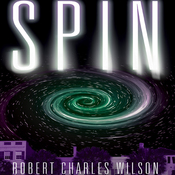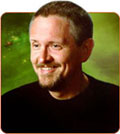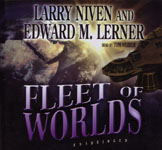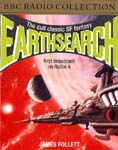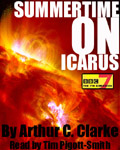
For almost a year now I’ve been making the argument, to anyone who’d listen, that Jack London’s short story To Build A Fire is Science Fiction.
I’m ready to make the same argument for London’s most famous work, The Call Of The Wild.
First off, the story is told from a dog’s POV. Normally that’d make this a Fantasy novel, in the spirit of Redwall or similar. But, we never hear Buck, the hero, speak, or think thoughts out in words (unlike other anthropomorphic fiction) – yet we are clearly seeing the world through Buck’s alien eyes. Moreover, the premise of the novel, the theme that informs the title of each chapter, was a commonly held idea in fantastic literature of that era. Namely, that ‘barbarism is around every corner, that civilization is a thin veneer, one broken easily.’ You see this in the writings of H.P. Lovecraft and Robert E. Howard. London wrote: “…the reign of primitive law … the facts of life took on a fiercer aspect, and while he faced that aspect uncowed, he faced it with all the latent cunning of his nature aroused.” Jack London’s The Call Of The Wild is Science Fiction. The novel was set in the then recent past, and doesn’t have any future tech or extraterrestrial aliens – but that’s not what makes SF. What makes it SF is what makes The Call Of The Wild a classic – the presentation of bold philosophical ideas informed by science.
Below is a free version read by the talented narrator James Campanella. Unfortunately, for me, the reading is spoiled by two serious problems. First, it has a poor recording environment (rectified in later Campanella releases). Second, Jim has added in sound effects. An, imperfect recording environment I can live with, added sound effects I can’t. Check it out for yourself…
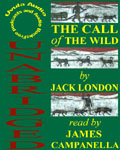 The Call Of The Wild
The Call Of The Wild
By Jack London; Read by James Campanella
7 MP3s – Approx. 3 Hours 44 Minutes [UNABRIDGED]
Podcaster: Uvuvla Audio
Podcast: 2007
“The Call of the Wild was written by American author Jack London. The plot concerns, Buck, a previously domesticated and even somewhat pampered dog whose primordial instincts return after a series of events finds him serving as a sled dog in the treacherous, frigid Yukon during the days of the 19th Century Gold Rushes in the Northwest. Published in 1903, The Call of the Wild is one of London’s most read books and it is generally considered one of the classics of western adventure literature. Because the protagonist is a dog, it is usually classified as a juvenile novel, suitable for children.”
Part 1 |MP3| Part 2 |MP3| Part 3 |MP3| Part 4 |MP3|
Part 5 |MP3| Part 6 |MP3| Part 7 |MP3|
There’s a LibriVox version also available.
Posted by Jesse Willis

